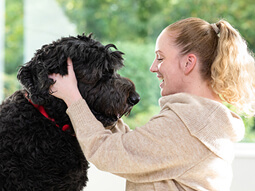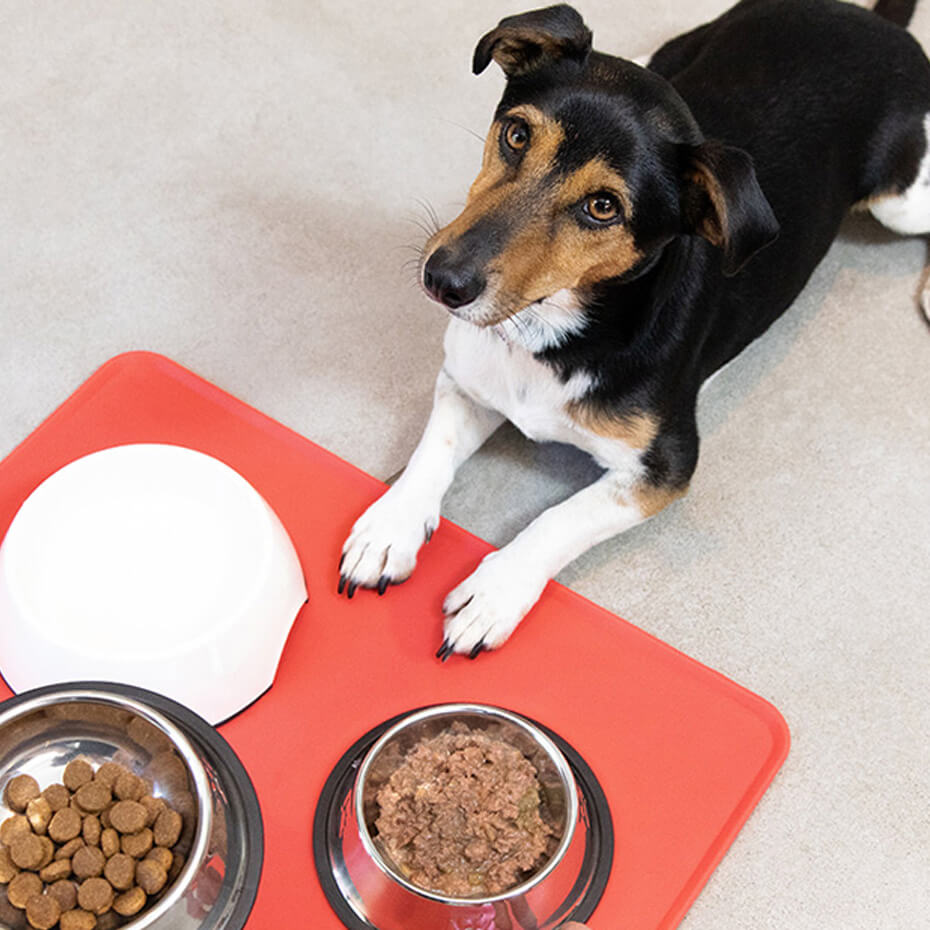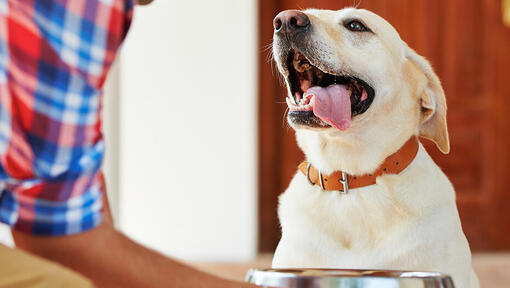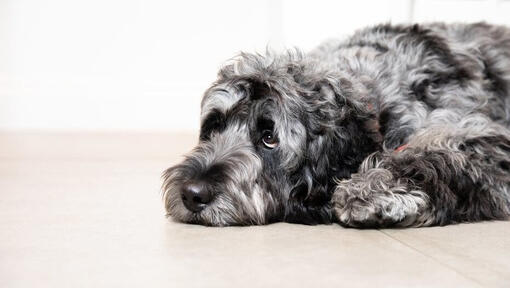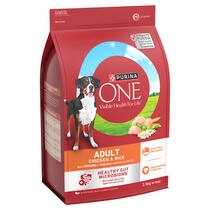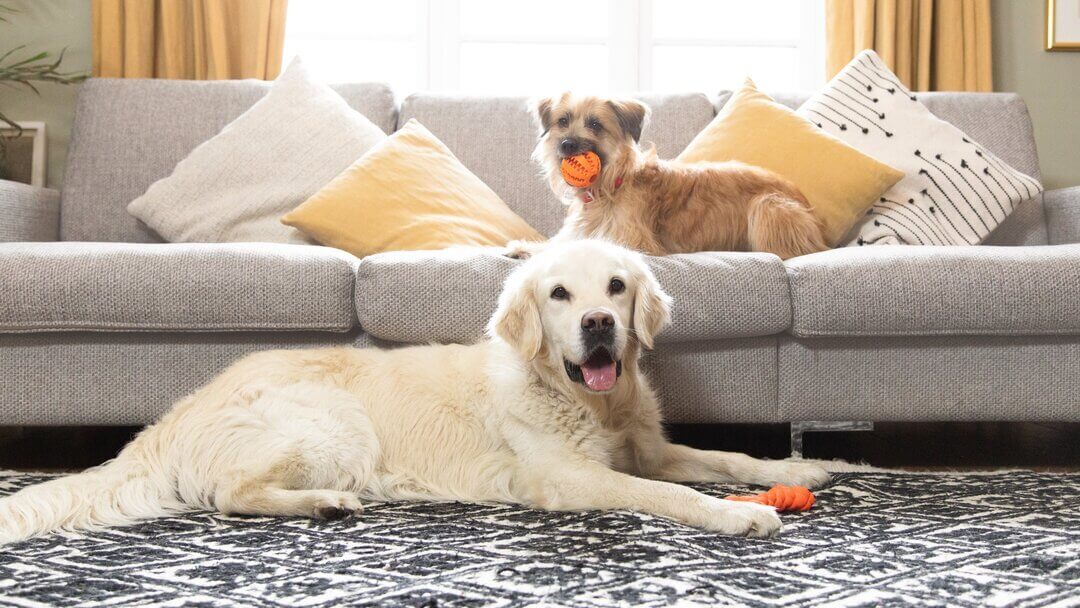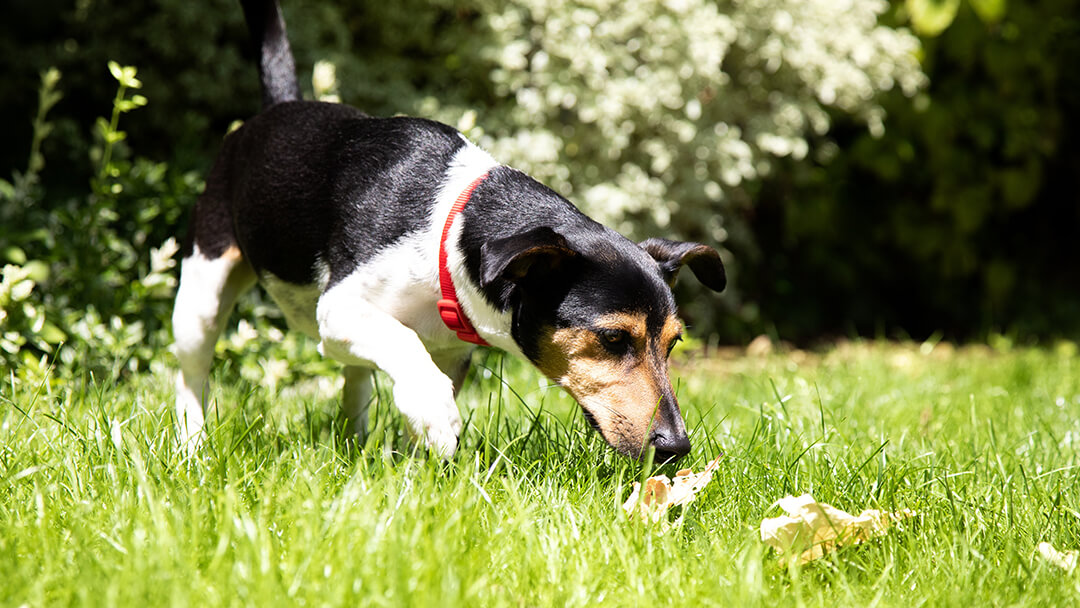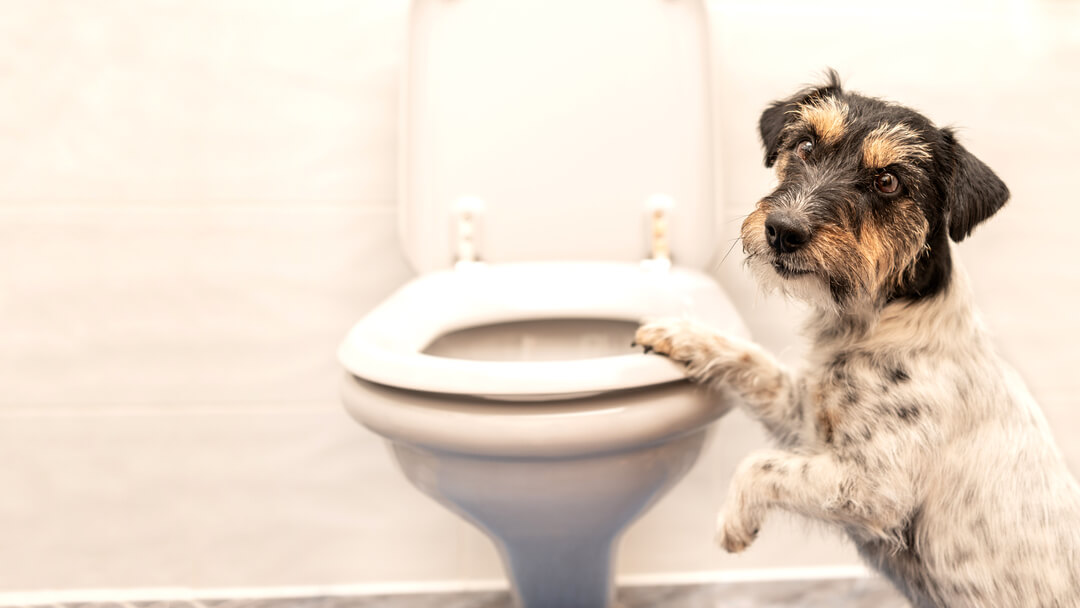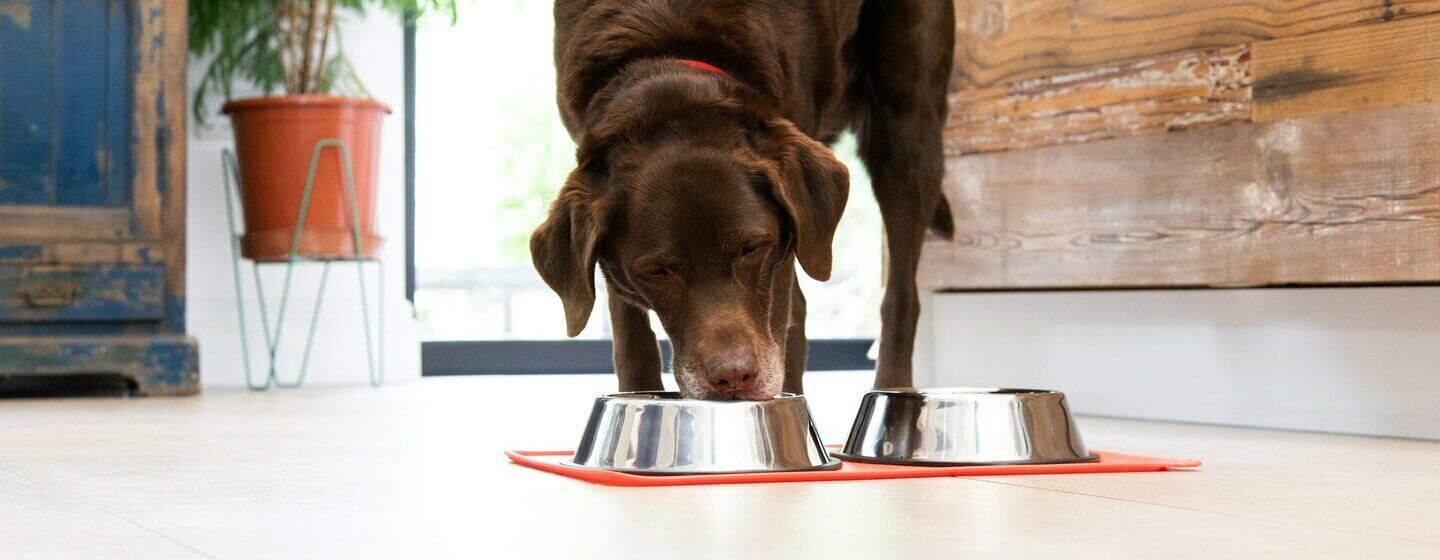
Although dogs have a reputation for eating anything and everything, some are quite fussy and others can suddenly go off their food. Discover what you can do about your picky dog below.
Does your dog shuffle up to their food bowl and sniff disapprovingly, yet the minute you sit down to eat they stare at you with big, begging eyes? If so, it’s probably down to one of two things: your dog may have lost their appetite because they’re feeling unwell, or they’re simply a fussy eater.
What causes dogs to lose their appetites?
The first thing you need to do is consult your vet to rule out illness, dental problems or a reaction to a vaccination or allergen. If they get the all clear from the vet, it’s time to address the pickiness – for both of your sakes!
If your dog is consistently disinterested in food, it may be that they simply don’t have as much of an appetite as their four-legged friends - what’s normal for one dog may be too much for another.
Once you’ve ruled out illness, and you’ve checked that your dog’s body condition is neither underweight nor overweight, you may need to consider a behavioural reason for their reluctance to eat. You can usually tell if a loss of appetite in dogs is behavioural if they refuse dog food, but miraculously regain their appetite when it comes to human food or tasty treats! If your dog is refusing all food then the most likely cause it that they are unwell.
Dogs are not naturally picky
For the most part, fussy eaters are made, not born. Dogs are smart creatures and they soon work out that if they turn their noses up at their everyday food, they’ll get plenty of attention and, hopefully, some more interesting hand-fed tasty food. Even smarter ones work out that, if they hold out just long enough, they could get offered some delicious human food instead of their usual brand of dog food. If you’re going to change your fussy dog’s behaviour, the first thing you need to do is look at your own. Have you encouraged their pickiness either by accident or on purpose?
Your dog might already be full
Another reason why your dog may be disinterested in food is that they’ve already eaten. Is it possible that your dog is sneaking extra meals from somewhere, or someone, else? A quick check with your neighbours, other family members, and the rubbish bins, may explain why the delicious dinner you provide is being left untouched. The problem may even be coming from closer to home - if every member of a large family is giving them “the odd treat”, that could be enough to fill your dog up. While they’re unlikely to complain, it’s not giving them a balanced diet!
If your dog is consistently disinterested in food, it may be that they simply don’t have as much of an appetite as their four-legged friends - what’s normal for one dog may be too much for another.
What can I do about my dog’s loss of appetite?
Once your vet has ruled out illness and the consensus is that your dog’s loss of appetite is down to a behavioural issue, you can try several different approaches to get your dog’s taste for appropriate food back.
For example, if you’ve been hand feeding, try stopping for a while. Increase the palatability of dry food by adding a good-quality wet food. Alternatively, you can try soaking their dry food in warm water or warming wet food gently in the microwave to release its delicious aromas. Try changing their bowl too - some dogs are put off by their reflection in stainless steel or glass bowls, so try a ceramic one, and always make sure their bowl is clean.
Another idea is to give them an interactive feeding toy, which releases kibbles when they roll it around. These are good for dogs that are easily distracted by their environment.
Divide and conquer
If your family has a habit of feeding dogs with scraps from the table, they’re doing more harm than good. Your dog might not appreciate it, but you have to keep their mealtimes completely separate from yours even if this means shutting them out of the area where you eat. If you want them to regain their appetite you need to ignore their begging and praise them when they eat from their own bowl. If they refuse to eat their food, take it away after 15 minutes and offer a fresh bowl of food a few hours later. If this continues, with them still refusing to eat, contact your vet.
Remember that less is more
You could also try switching to a dry complete food designed for 'active' dogs. These formulations tend to be very concentrated, so your dog won't need to eat as much to receive an equivalent level of energy. Active foods also contain higher levels of oil, which can make them more attractive to your dog. Specially formulated 'sensitive' recipes, meanwhile, have a high level of digestibility, which can also sometimes encourage a fussy eater.
Fussy eating and your dog’s loss of appetite can be a challenging behaviour to cure, but be persistent and consistent, and you can stop it becoming a habit. Stop feeding your dog from the table and give them lots of praise for eating their own food away from the table. Finally, limit their treats to training tools only and keep their bodies and minds fit and healthy with lots of exercise, training and playing.
Next, find out what are some of the healthiest dog treats you can add to your pet's diet.
